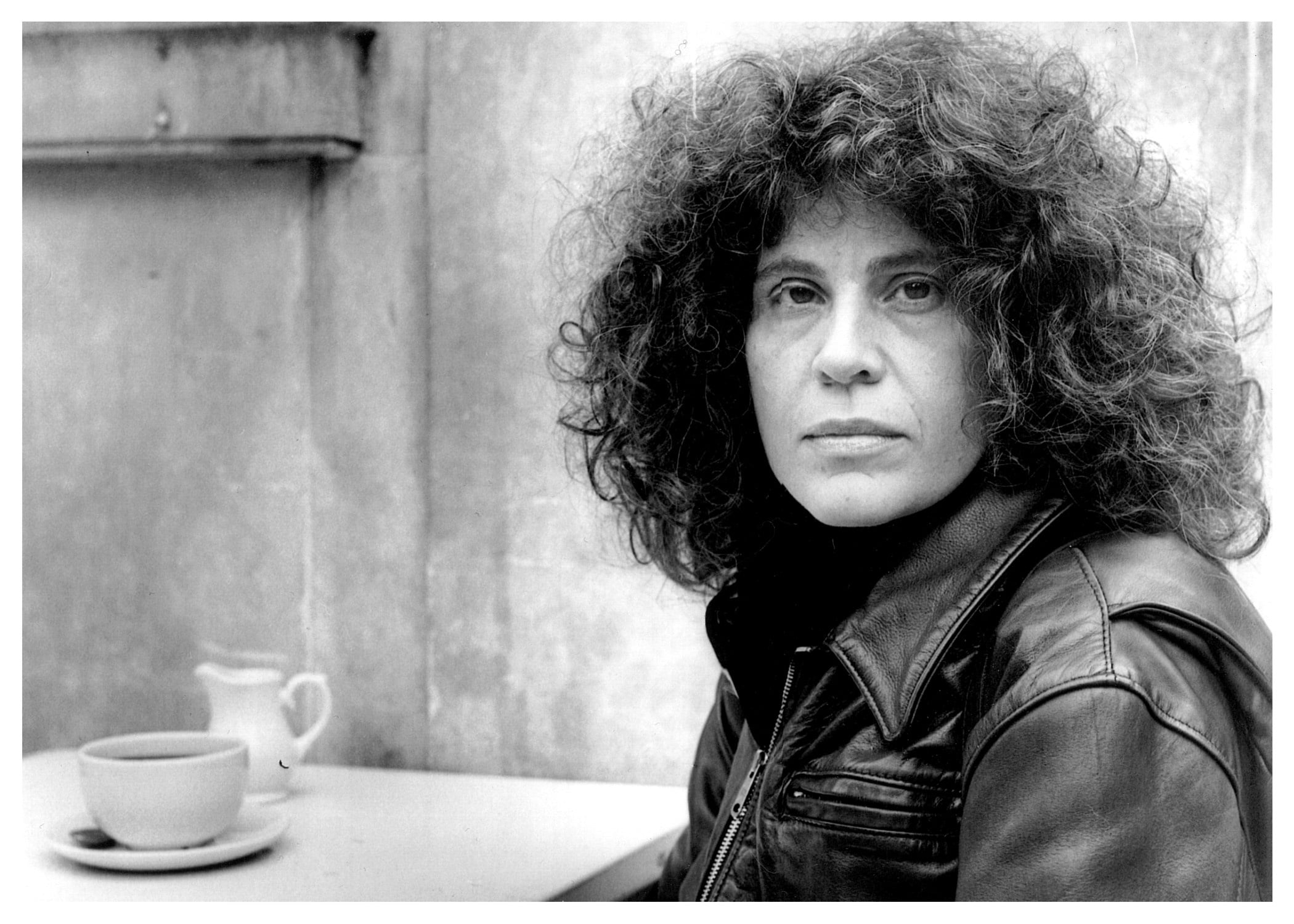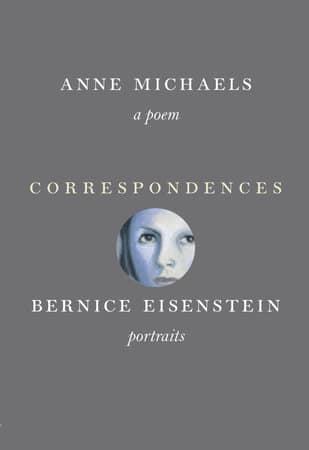
Anne Michaels is a Canadian novelist and poet. Her books have been translated into more than 50 languages. She is the author of several highly acclaimed poetry collections, including The Weight of Oranges which won the Commonwealth Prize for the Americas; Miner’s Pond which received the Canadian Authors Association Award and was shortlisted for the Governor General’s Award and the Trillium Award; and Skin Divers. Fugitive Pieces is Anne Michaels’ multi-award-winning, internationally best-selling first novel that was the winner of the Lannan Literary Award for Fiction, the Chapters/Books in Canada First Novel Award, the Guardian Fiction Award and the Orange Prize for Fiction, among many other Canadian and international awards. Fugitive Pieces was also adapted as an internationally released feature film and was chosen as one of the BBC’s 100 Novels that Shaped the World. Her second novel, The Winter Vault, was a finalist for the Scotiabank Giller Prize, the Trillium Book Award and the Commonwealth Writers’ Prize and a nominee for the International IMPAC Dublin Literary Award.
Michaels won the 2024 Giller Prize for her most recent novel, Held, which was also shortlisted for the 2024 Booker Prize.
Among many other honours Michaels is a Guggenheim Fellow, has received honorary degrees, and has served as Toronto’s Poet Laureate. She is a judge for the 2025 Griffin Poetry Prize.

Judges’ Citation
Anne Michaels’ Correspondences is a single, intensely lyrical poem of something over 700 lines, in 54 unnumbered sections.
Selected poems
by Anne Michaels
Sometimes we are led through the doorway
by a child, sometimes
by a stranger, always a matter of grace changing
the past, for if there is anything we must change
it is the past. To look back
and see another map.
Love enough to fill
a shoe, a suitcase, a bit of ink,
a painting, a child’s eyes at a chalkboard,
a bit of chalk, a bit of
bone in ash.
All that is cupped,
all that is emptied
the rush of water from a pump,
a word spelled out
on a palm.
Copyright ©2013 by Anne Michaels, Correspondences, McClelland & Stewart
“Sometimes we are led through the doorway”
The wet earth. I did not imagine
your death would reconcile me with
language, did not imagine soil
clinging to the page, black type
like birds on a stone sky. That your soul – yes,
I use that word – beautiful,
could saturate the bitterness from even
that fate, not of love
but its opposite, all concealed
in a reversal of longing.
Copyright ©2013 by Anne Michaels, Correspondences, McClelland & Stewart